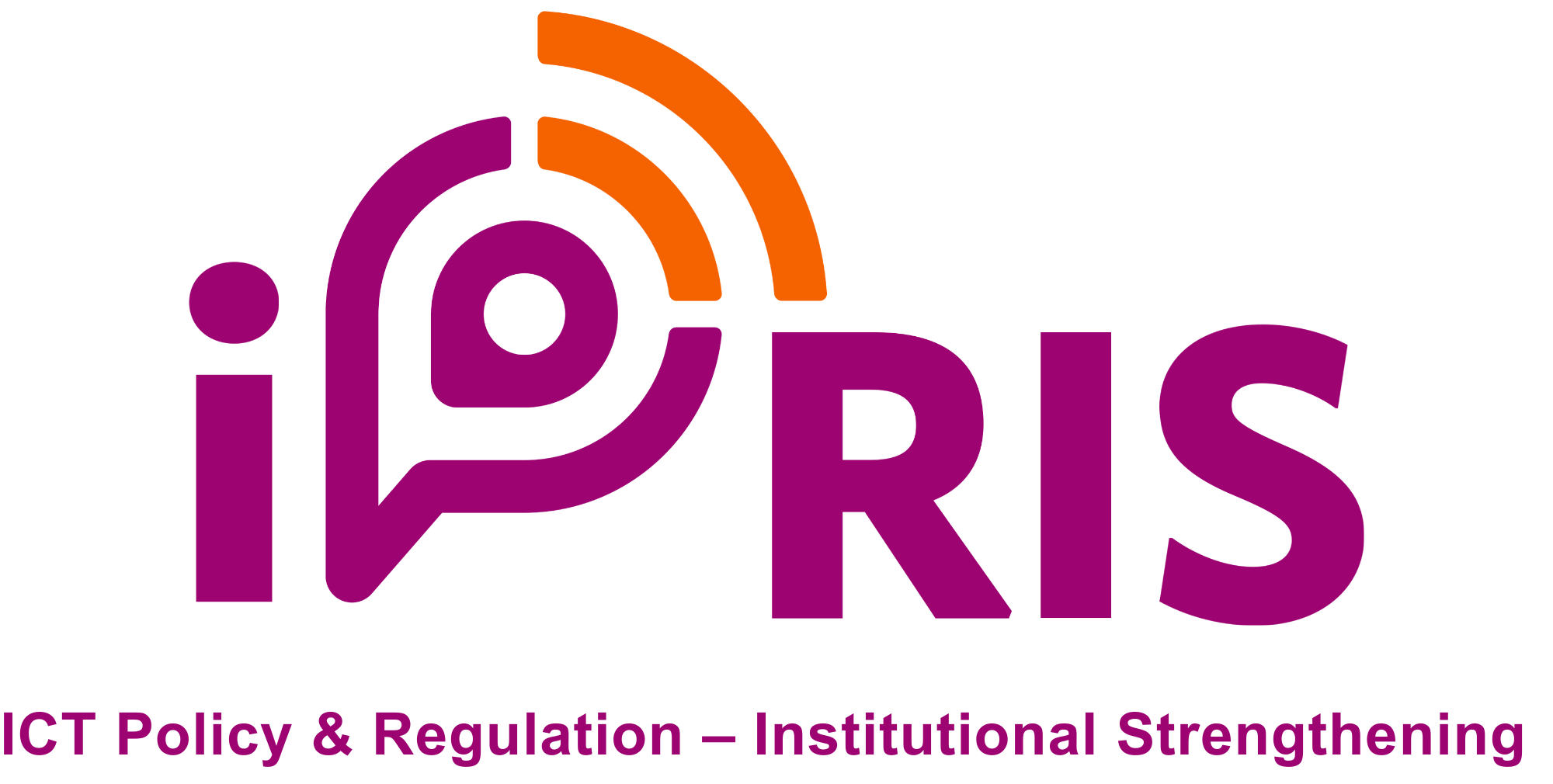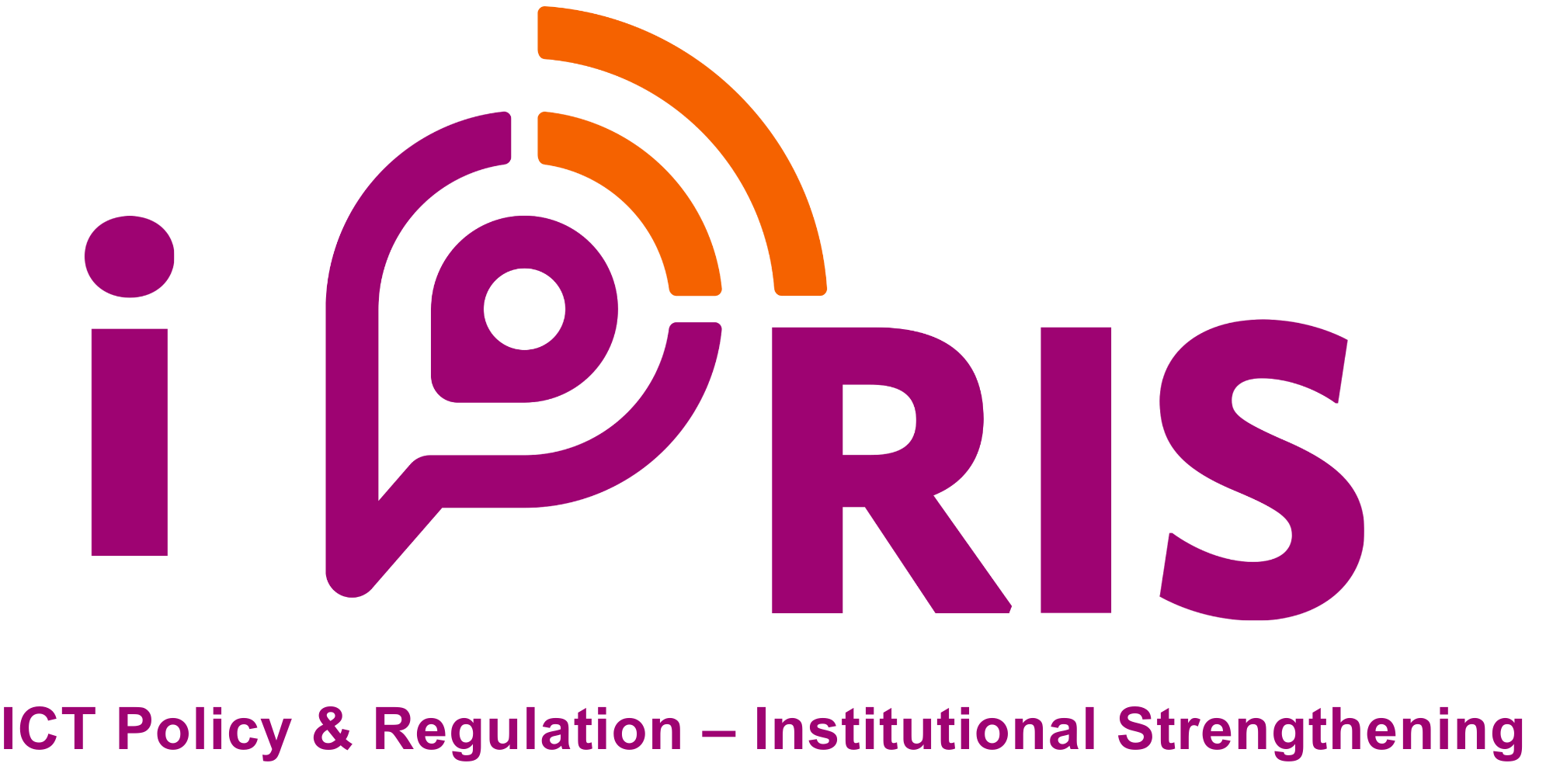In 2023, the mobile telephony market in Congo is dominated by two main operators: MTN and Airtel, following the cessation of Azur's activities despite holding its license. These two players serve more than 5.9 million subscribers, mainly prepaid representing 99.3% of the market (Rapport 2023 du Marché de la telephonie mobile au congo ...).The 2023 report on the mobile telephony market in Congo offers a detailed analysis of the sector's performance over the year, with a focus on key indicators such as subscriber numbers, voice and SMS traffic, revenues generated, and weighted outgoing tariffs. It aims to inform the strategic decisions of operators and regulators, taking into account regulatory developments and technological challenges.
Trends
The mobile telephony penetration rate reached 94.6%, up slightly on the previous year, with total revenues of CFA F 136.071 billion in 2023, mainly generated by outgoing traffic.
The market recorded total voice traffic of 6.586 billion minutes and SMS volume of 5.442 billion messages. Despite apparent saturation, the market is showing modest but steady growth in the number of subscribers.
The sector is constantly evolving to meet new technological and economic realities, with ARPCE playing a crucial role in regulatory developments, such as the revision of tariffs to increase market competitiveness. Technological challenges include the deployment of network infrastructure, the adoption of 4G and preparation for 5G, as well as securing against cyber-attacks and managing the growing volume of data.
MTN dominated the market with 72.4% of total revenues, while Airtel accounted for 27.6%. MTN saw its revenues increase by 7.5% in 2023, while Airtel saw a slight decline of 0.4%.
Challenges and opportunities
For 2024, the forecast includes continued growth in subscriber numbers, investment in infrastructure to extend 4G coverage and introduce 5G, and a downward trend in tariffs to stimulate consumption of voice and data services. Innovation in service packages, diversification with value-added services, and transparency in pricing practices are essential to support a competitive and sustainable market. ARPCE will continue to play a key role in monitoring the market, promoting access to new technologies, and ensuring healthy and transparent competition.
Developing regions offer fertile ground for the development of mobile telephony. With sustained demographic growth and increasing urbanization, these regions represent an expansive market for telecoms services. The extension of mobile telephony networks can play a crucial role in bridging the digital divide by facilitating access to communication and information services, even in remote rural areas. This could stimulate economic development by improving access to markets, supporting local entrepreneurship, and enhancing access to education and healthcare. In addition, technological innovation, such as the introduction of 4G and the future 5G, could transform connectivity by offering faster broadband deployment and increased capacity for data processing.
These advances pave the way for new value-added services such as mobile payment, healthcare applications, and distance education platforms, responding to the diverse needs of local populations. Finally, public-private partnerships for infrastructure development will play a crucial role in mobilizing the necessary resources and ensuring efficient network deployment, thus contributing to sustainable and inclusive economic growth in developing regions.






